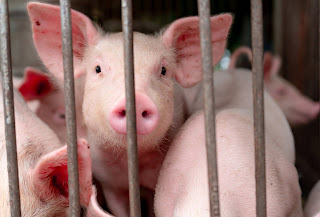Under Environmental
Impact Assessment 2020
Glad to
see voices against the draft EIA notification 2020. The Ministry of
Environment, Forests and Climate Change (MoEFCC) unveiled the draft
notification proposing amendments to the EIA notification 2006. First
Environment Impact Assessment (EIA) notification was introduced in India during
1994 under the Environment (Protection) Act, 1986 which was later amended in
2006. The notification contains measures to be satisfied before commencing
development projects to protect environmental consequences due to its
implementation.
Broadly,
the projects are classified under Category A, B1, and B2. The stages to obtain
Prior Environment Clearance for projects under Category A, B1, and B2 are
mentioned in Section 10. The proposed section provides for public consultations
as a process. However, the draft notification has curtailed public engagement.
This has brought a nightmare to the public.
The EIA
2020 also proposes a concept called strategic projects and Section 5 (7)
exempts the availability of information related to those projects from the
public domain. Those projects that are coined as strategic by the Central
Government are exempted from public consultation. A concept called post-facto
clearance also poses as a threat as projects functioning in violation would
also be able to apply for clearance. EIA is also exempted for construction
projects up to 150,000 sq. m. All these came as a shockwave curbing the merits
of EIA and public involvement. The notification is open for public responses
until 11th of August.
Many
websites have been voicing against EIA and some have also been blocked for
campaigning against. Petitions and forms circulates on social media to make our
opinion count. It is high time we safeguard the purpose of EIA and intensify
public engagement. Herewith, I’m attaching a link through which you can voice
out your dissent towards EIA 2020!
(Civis collects all our responses and would share it with the concerned Government
Department)
Requesting
to keep us posted if you find other platforms to post our dissent!


